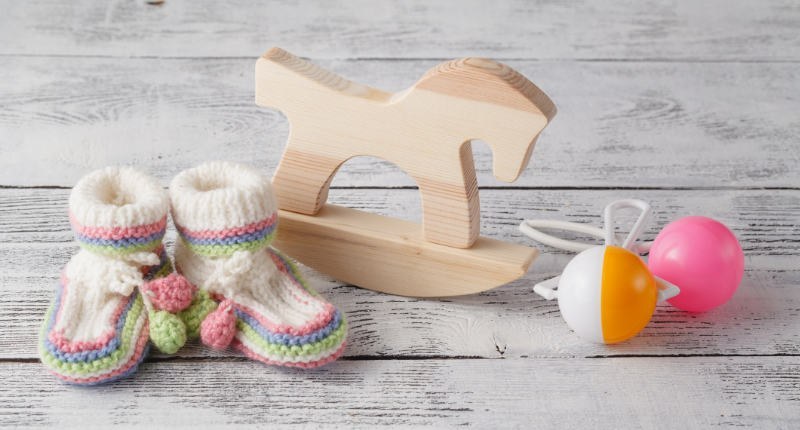Looking back on my 28-year marriage there have been two major low points in our relationship. The first was when our children were 3, 5 and 7; and the second was the recent lockdown when our children (now aged 13, 19 and 21 years) were all forced to return home and stay in for 3 months.
What do those two periods have in common?
They were both times of significant external stress, and our children needed significant amounts of supporting and ‘looking after’, albeit for very different reasons. At one point in the first season, known as the time of the broken foot, I seriously thought of walking out (but as I’d broken my foot at the time that wasn’t really an option). In the second season I fantasised about moving to an island, far away from people who needed a piece of me.
In both times our love got a bit lost in the craziness of family life.
I was given a print of a Bible verse, in beautiful lettering just after my second child was born. It reads,“children are a heritage of the Lord, offspring a reward from him.” (Psalm 127:3). It hangs on my wall to remind me. There are many days when I think ‘Yes! Thank you God, they absolutely are!’ There are many other days when I mutter ‘Meh, some reward!’.
Statistically speaking the ‘happiness’ levels in partner relationships fall to their lowest point roughly a year to 18 months after couples become parents.

The cumulative effect of sleepless nights; 24⁄7 baby and toddler care; the seismic disruption to our lives that a small baby brings; and the emotional rollercoaster of loving so vulnerable and demanding a little person sure can take its toll on our relationship. As we all know the recent lockdown, when many families had a 3 month time-out together, also had a significant impact on couple relationships.
So why do children, who we often choose to have as a celebration of our love, end up threatening it and how can we keep our love strong in the midst of family life?

My husband John, a more perceptive person than me, always notices the lack of connection first. He tries to talk about it, to make us prioritise one another and if both those two tactics are met with little response he sulks (which I loathe).
When I feel disconnected I tend to avoid the issue, lie low, hope it will go away, which it never does, but it’s hard to shake that instinctive response.
So I write not as an advisor, but a survivor. For what they are worth, here are my three tips.
1. Accept the new normal
The first step to your love surviving is to accept that children radically change some of the fundamentals of how you relate as a couple. Prior to having to factor in babies, toddlers, school runs, sports clubs, homework, and in 2020 HOMESCHOOLING, you would have had time to just sit and chat, to connect. You had conversations that were not simply about who is doing what, just about the two of you!
Dr Sue Johnson talks about the ARE of couple relationships – ARE you there for me?
- A — how accessible are you?
- R — can I reach for you?
- E — will you engage with me?
It is simply harder to be there for your partner when you are trying to be there for your children too.

2. Listen to your canary
In most relationships there is a ‘canary’ just like the birds miners would take down into the pit. In relationship terms your canary is the person who smells trouble early and can alert you both to it. Canaries have a nose for these things. So if your canary starts saying things like: ‘we don’t seem to be as close anymore’, or ‘I never know what you’re thinking’, the best thing to do is swallow your annoyance (because it’s invariably annoying), be smart and take the warning seriously.
Of course one of the problems is that human canaries struggle to highlight issues without judgment, so instead of ‘we don’t seem to be close anymore’, they are more likely to say: ‘where are you? What is wrong with you? Why are you being so distant? The aggressive tone means that it’s harder to hear the necessary warning.
So, if you feel you are always the person flagging disconnection you need to learn to invite reconnection in a way that has the best chance of getting what you want. Just as lying low and hoping it goes away doesn’t work, neither does pointing out your partner’s faults one by one.

3. Keep your love strong
You have to prioritise your relationship, which means it takes precedence over your children too.
You deserve a happy and fulfilling marriage in good times and bad, in sickness and health, as a couple, and with children. If prioritising your partner makes you feel guilty when it comes to your children, you might be interested to know that countless studies show that the health of couple relationships has a significant impact on child outcomes.(1.)
Keeping your love strong is the best thing possible for your children. How you communicate and relate helps lay down a template in their minds and hearts of ‘how relationships work’. So make an effort, cherish one another, go away together if you can. And, as a couple do what you can to show them they matter to you, they can call for you and reach you and you will respond.
It’s not easy but it’s worth it.
.….….…
Toucan Together’s Communication Module helps you understand each other better, express feelings positively and builds intimacy and trust. Give it a try for free.
.….….….
YOU MIGHT ALSO LIKE…
What makes communicating with your partner tricky …and how you can improve things?
8 things you need to know about marriage and‘happily ever after’
.….….…..
1. “The inter-parental relationship not only serves as a factor directly related to the psychological well-being of children, but serves as an orienting influence on the experiences and expectations children have of other family relationships, including the parent-child relationship.” — How Couple Relationships Shape Our World: Clinical Practice, Research and Policy Perspectives, edited by Dr Andrew Balfour, Mary Morgan and Chris Vincent


